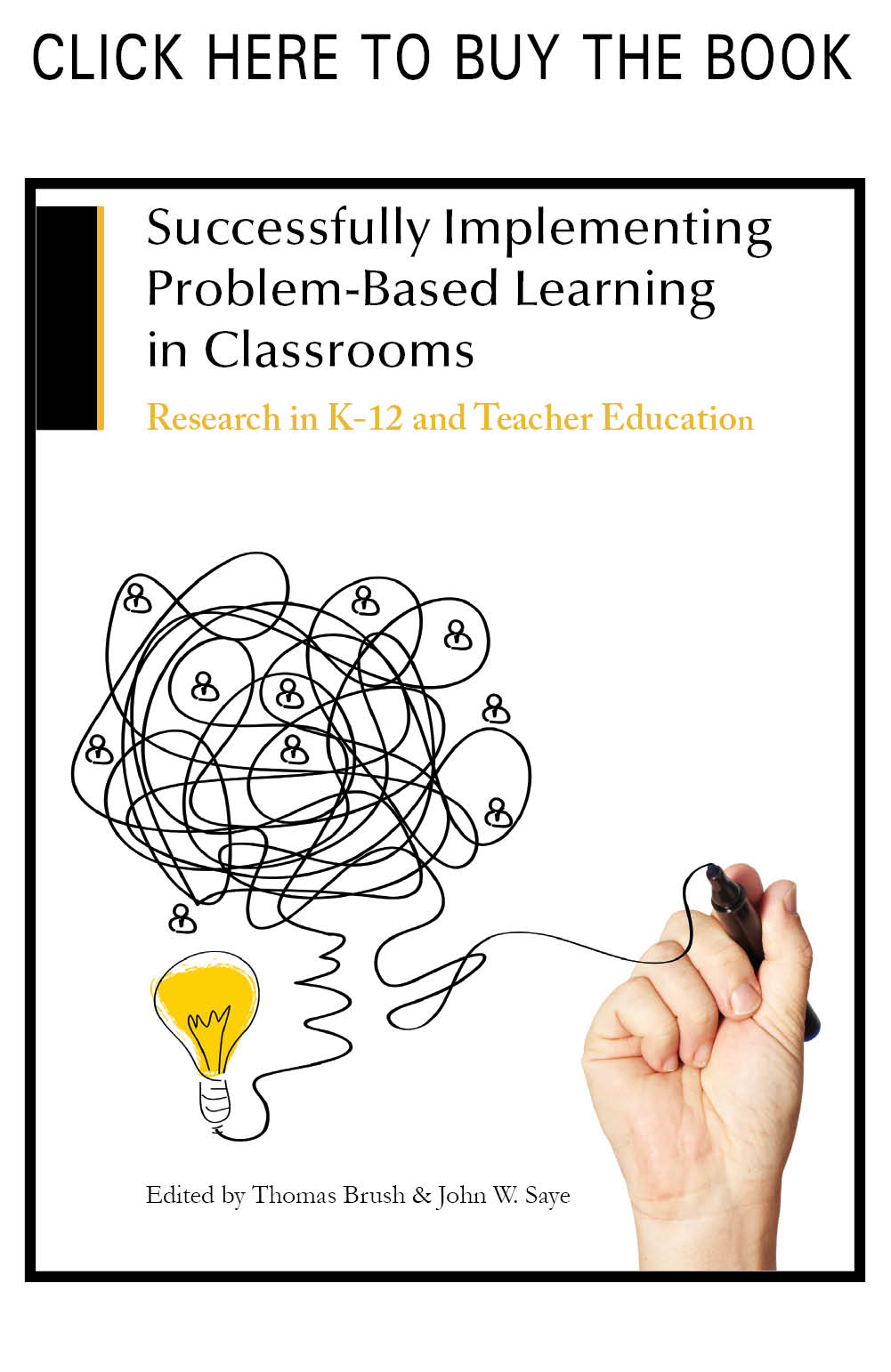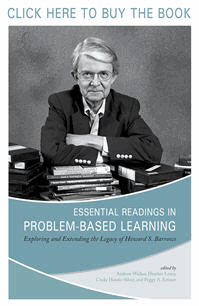Abstract
In this case study, we researched one cohort from the Center for Animation, a higher education teaching environment that has successfully fostered group creativity and learning outcomes through problem-based learning. Through live and videotaped observations of the interactions of this community over 18 months, in addition to focused interviews with nine key community leaders, we considered the evaluative culture and actions of this community, and how these evaluative practices improved their creative problem solving. We describe their evaluation practices in the context of principles derived from the Joint Committees’ Evaluation Standards (Yarbrough, Shulha, Hopson, & Caruthers, 2011), which are well-respected standards used by professional evaluators. Specifically, we found that problem-based learning strategies were successful in part because the community members (1) established a context and culture of high expectations, collaboration, and evaluation; (2) united the students, teachers, and industry leaders as shared stakeholders in the success of the project; (3) identified early the key criteria for evaluating progress; and (4) asked questions to evaluate progress towards meeting the criteria, using many approaches to gathering information. We discuss the implications for applying these principles to other problem-based learning environments, particularly in higher education, as well as future research.
Recommended Citation
West, R. E.
,
Williams, G. S.
,
&
Williams, D. D.
(2013). Improving Problem-based Learning in Creative Communities Through Effective Group Evaluation. Interdisciplinary Journal of Problem-Based Learning, 7(2).
Available at: https://doi.org/10.7771/1541-5015.1394




